3356294 results
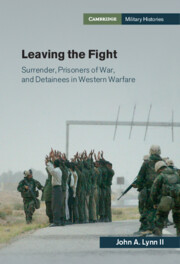
Leaving the Fight
- Surrender, Prisoners of War, and Detainees in Western Warfare
-
- Published online:
- 01 March 2025
- Print publication:
- 06 February 2025
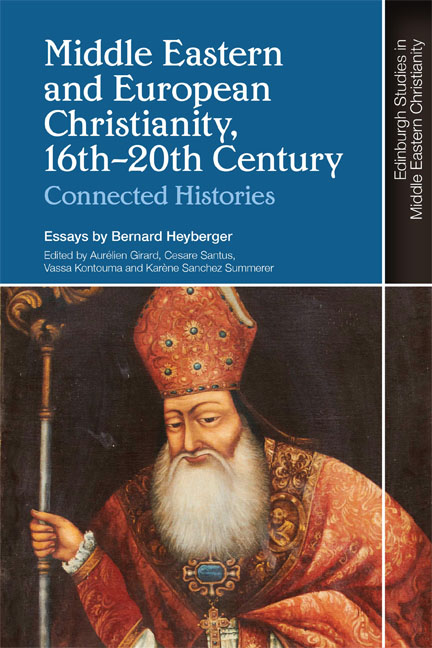
Middle Eastern and European Christianity, 16th-20th Century
- Connected Histories
-
- Published by:
- Edinburgh University Press
- Published online:
- 01 March 2025
- Print publication:
- 04 July 2023
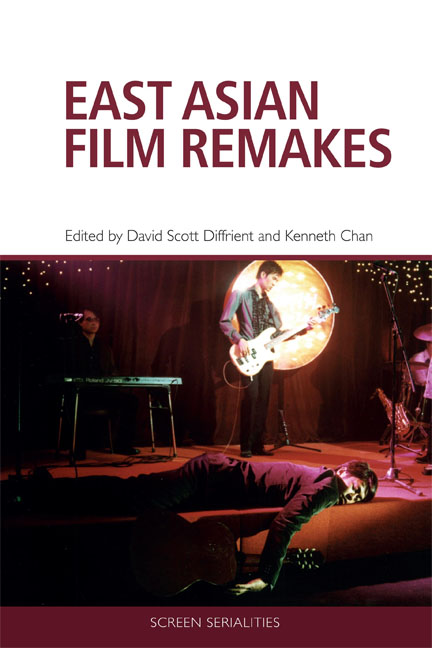
East Asian Film Remakes
-
- Published by:
- Edinburgh University Press
- Published online:
- 01 March 2025
- Print publication:
- 31 July 2023
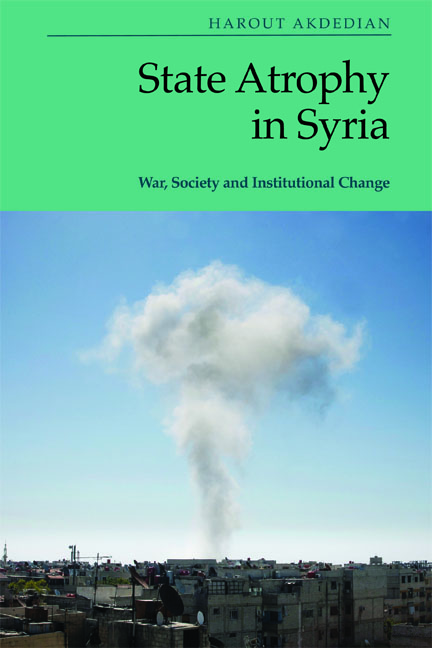
State Atrophy in Syria
- War, Society and Institutional Change
-
- Published by:
- Edinburgh University Press
- Published online:
- 01 March 2025
- Print publication:
- 15 June 2023
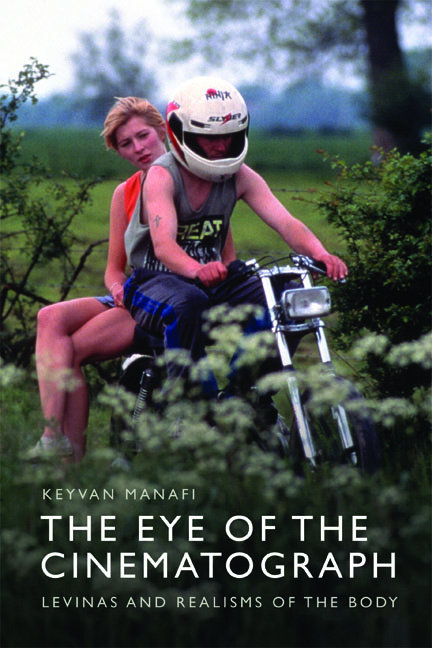
The Eye of the Cinematograph
- Lévinas and Realisms of the Body
-
- Published by:
- Edinburgh University Press
- Published online:
- 01 March 2025
- Print publication:
- 08 February 2023

Medieval Syria and the Onset of the Crusades
- The Political World of Bilad al-Sham 1050-1128
-
- Published by:
- Edinburgh University Press
- Published online:
- 01 March 2025
- Print publication:
- 02 June 2023

The Apocalypse of the Birds
- 1 Enoch and the Jewish Revolt against Rome
-
- Published by:
- Edinburgh University Press
- Published online:
- 01 March 2025
- Print publication:
- 31 July 2023

Modernism, Material Culture and the First World War
-
- Published by:
- Edinburgh University Press
- Published online:
- 01 March 2025
- Print publication:
- 30 August 2023

Revolutionaries and Global Politics
- War Machines from the Bolsheviks to ISIS
-
- Published by:
- Edinburgh University Press
- Published online:
- 01 March 2025
- Print publication:
- 08 February 2023

Modern Philosopher Kings
- Wisdom and Power in Politics
-
- Published by:
- Edinburgh University Press
- Published online:
- 01 March 2025
- Print publication:
- 31 March 2023
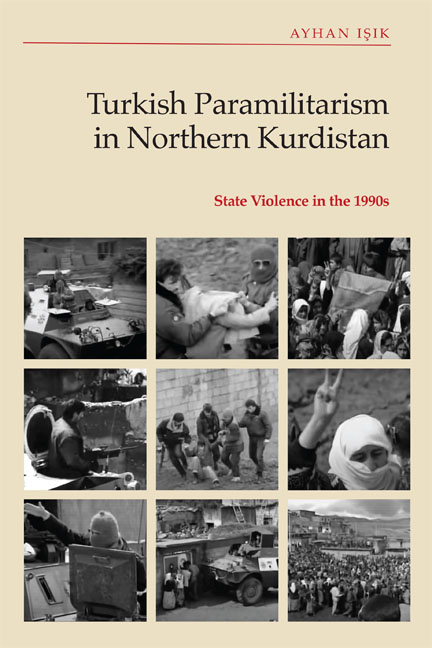
Turkish Paramilitarism in Northern Kurdistan
- State Violence in the 1990s
-
- Published by:
- Edinburgh University Press
- Published online:
- 01 March 2025
- Print publication:
- 31 January 2024
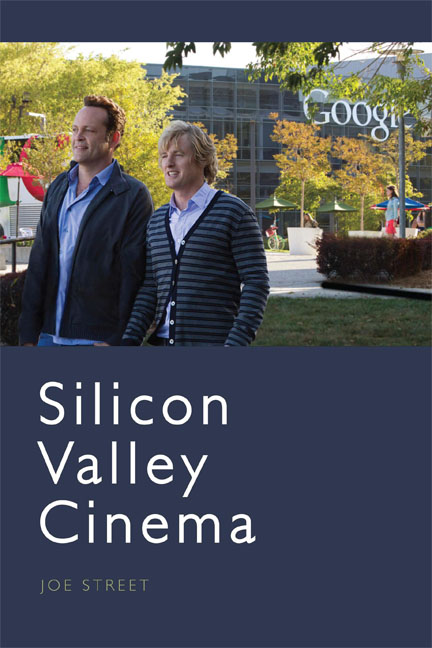
Silicon Valley Cinema
-
- Published by:
- Edinburgh University Press
- Published online:
- 01 March 2025
- Print publication:
- 02 June 2023

Dominance Through Division
- Group-Based Clientelism in Japan
-
- Published online:
- 01 March 2025
- Print publication:
- 06 March 2025
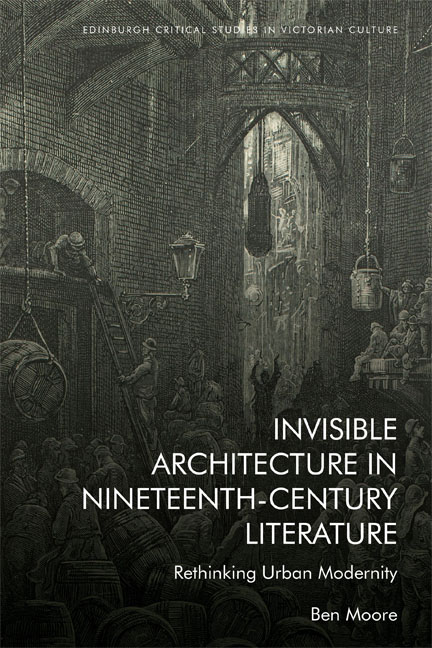
Invisible Architecture in Nineteenth-Century Literature
- Rethinking Urban Modernity
-
- Published by:
- Edinburgh University Press
- Published online:
- 01 March 2025
- Print publication:
- 31 January 2024

Performance, Theatricality and the US Presidency
- The Currency of Distrust
-
- Published by:
- Edinburgh University Press
- Published online:
- 01 March 2025
- Print publication:
- 29 May 2023
On Performance and Disability: Differentiated Bodies and the Aesthetics of Invasion
-
- Journal:
- TDR: The Drama Review / Volume 69 / Issue 1 / March 2025
- Published online by Cambridge University Press:
- 03 March 2025, pp. 86-111
- Print publication:
- March 2025
-
- Article
- Export citation
ICE volume 46 issue 3 Cover and Front matter
-
- Journal:
- Infection Control & Hospital Epidemiology / Volume 46 / Issue 3 / March 2025
- Published online by Cambridge University Press:
- 06 March 2025, pp. f1-f8
- Print publication:
- March 2025
-
- Article
-
- You have access
- Export citation
Rethinking Bach Bettina Varwig, ed. New York: Oxford University Press, 2022 pp. xiv + 408, ISBN 978 0 190 94389 9
-
- Journal:
- Eighteenth-Century Music / Volume 22 / Issue 1 / March 2025
- Published online by Cambridge University Press:
- 05 March 2025, pp. 125-127
- Print publication:
- March 2025
-
- Article
- Export citation
The Debt Crisis of the 1980s: Law and Political Economy. By Jérôme Sgard. Cheltenham, UK: Edward Elgar Publishing, 2023. Pp. 354. $165.00, hardcover.
-
- Journal:
- The Journal of Economic History / Volume 85 / Issue 1 / March 2025
- Published online by Cambridge University Press:
- 04 March 2025, pp. 299-302
- Print publication:
- March 2025
-
- Article
- Export citation
Notes on a Scattered Subject in Montmartre: The Self-Portrait of Susan Marie Ossman
-
- Journal:
- TDR: The Drama Review / Volume 69 / Issue 1 / March 2025
- Published online by Cambridge University Press:
- 03 March 2025, pp. 21-35
- Print publication:
- March 2025
-
- Article
-
- You have access
- Open access
- HTML
- Export citation

